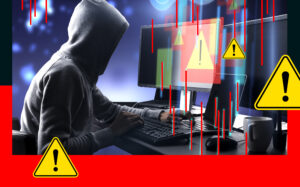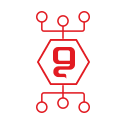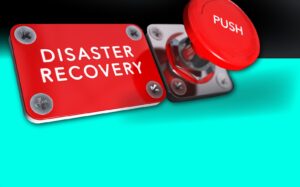Tips for choosing antivirus software for your home computer
Tips for choosing antivirus software for your home computer
Whether you use your personal computer for browsing, downloading movies, music, storing photos and documents, and it is likely that most of us use all of these and more, this means that each of us has important information stored on our computer. Sometimes it is also sensitive information. We want to keep this information available to us whenever we need it, and of course also protect the privacy of our information so that God forbid it falls into unwanted hands.
At a time when we are reporting news to the controllers about the activities of hackers from Israel and abroad, who are able with great ease at any given moment to break into the home computer of each of us and do as they please, the need for computer security seems more than ever to be necessary. The obvious question is which software antivirus is currently considered the best for our computer. In order to answer this question, we must examine a number of parameters according to which the comparison is made between the various programs available on the market.
The most important parameter, perhaps most of all, of course lies in the level of reliability. We are interested in an anti-virus program that can detect every threat directed at our computer (or at least as many of them as possible) and of course neutralize it in time before it can cause any damage. At the same time, we certainly wouldn't want software that alerts us at every step, even when we download for example a file that is not harmful to the computer, thus generating "false alarms". If we examine ESET's NOD 32 software, it is considered one of the most effective, if not the most effective of all, we will find that it detects very close to 100% of the threats, but on the other hand it is definitely not "annoying" with warning messages received every two minutes on average.
The next thing we would like to examine is how the activity of the antivirus software affects the performance of the computer. Here the expression "how heavy the antivirus" is common. This means that there are programs on the market that are considered very good in terms of the ability to detect and neutralize threats, but they tend to burden the computer and slow down its performance, because they consume a lot of memory resources. The slowing down of the computer's working speed can be particularly distressing and annoying. That is why it is recommended to choose a software whose efficiency does not come "at the expense" of the working speed of our computer. Here, too, the NOD 32 software, which is considered "light" in terms of utilizing the computer's resources, stands out favorably, and its activity in the background is almost not noticeable at all, thus it does not slow down the computer's activity.
The last parameter that is recommended to check before choosing an antivirus software is how "friendly" the software is towards the user. Since the software is required to deal with several types of threats, including viruses, spies, spam, and more, there are quite a few operating settings options for the software, with which it is desirable to get involved as little as possible and also to be able to run a computer scan easily and without unnecessary complications. Here it should be noted that most of the leading software on the market today are designed not to overcomplicate the user with security questions, and due to the importance of the matter, they themselves install the optimal protection system for the computer.
You may be interested in:

החשיבות של סריקות פגיעויות באבטחת סייבר

הכוח של ניטור הרשת האפלה באבטחת מידע

התיקון ה-13 לחוק הגנת הפרטיות

אבטחת מידע בענן

הרמת כוסית ראש השנה 2024






